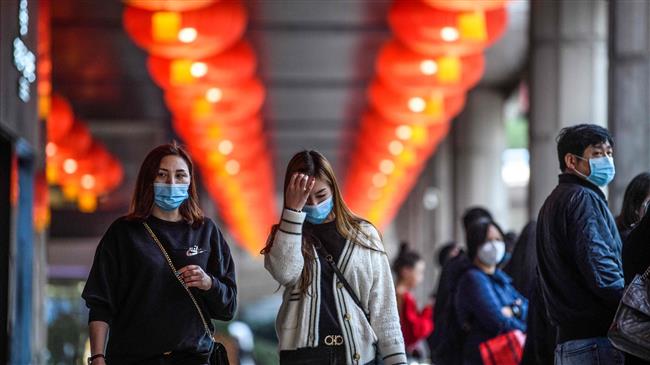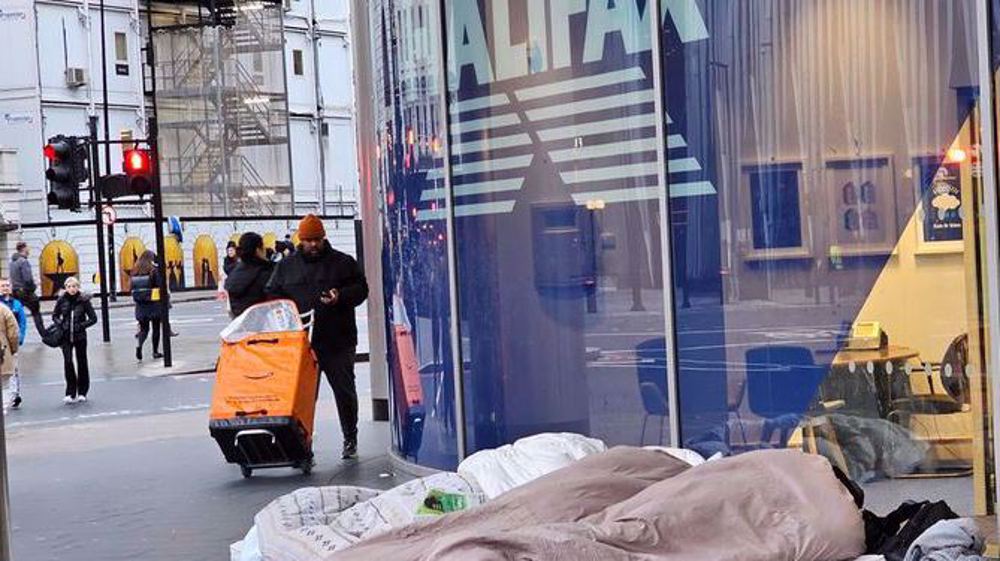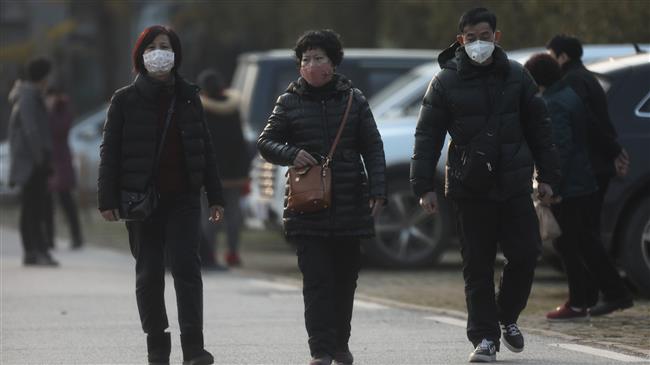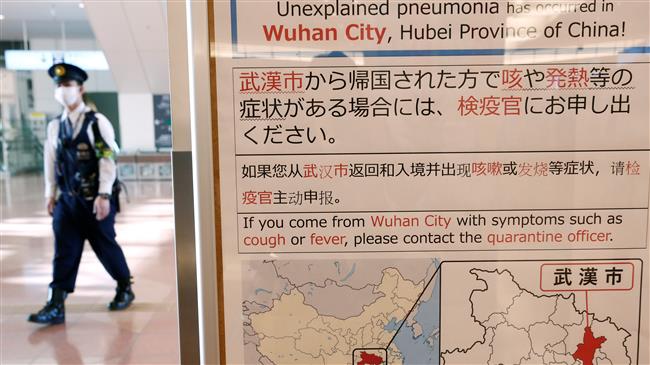UK "well prepared and well equipped to deal with" any cases of coronavirus: Matt Hancock
Addressing the House of Commons on Thursday regarding the coronavirus outbreak in China, Health Secretary Matt Hancock said that it was a rapidly developing situation and the number of deaths and the number of cases is likely to be higher than those that have been confirmed so far and that he ecpected them to rise further.
He told MPs: "The chief medical officer has revised the risk to the UK population from 'very low' to 'low' and has concluded that while there is an increased likelihood that cases may arise in this country, we are well prepared and well equipped to deal with them."
"The NHS is ready to respond appropriately to any cases that emerge."
The Foreign Office has issued an advisory statement for British subjects to avoid all non-essential travel to and from Wuhan, China, where the outbreak commenced, despite the Chinese government having grounded all flights from the city.

The new strain of coronavirus, which has spread abroad from China, is believed to have originated in the city of Wuhan, which has gone into lockdown. There are over 500 confirmed cases of the virus, which has killed 17 people in China.
Coronaviruses are common in many different species of animals, including camels and bats. Rarely, these coronaviruses can evolve and infect humans and then spread between humans. Recent examples of this include SARS-CoV and MERS-CoV. Most coronaviruses infect animals, but not people.

In Geneva, the World Health Organization's emergency committee is meeting to assess the global risks posed by the virus and decide if it should be declared an international public health emergency - as happened with swine flu and Ebola.
Mr. Hancock added: "The UK is one of the first countries to have developed a world-leading test for the new coronavirus.
Labour MP Hilary Benn asked about the use of face masks, which the public would see being used in China and elsewhere on the television. “People look at what people are doing in countries where the disease has taken hold and ask the authorities, ‘Why aren’t we doing the same?’” said Benn."
Hancock replied: “The wearing of face masks is not deemed clinically necessary now, but we will keep that under review and will be guided by the science.”
On Wednesday, Public Health England, an executive agency sponsored by the Department of Health and Social Care, began carrying out enhanced monitoring of direct flights from China.
There are 3 direct flights a week that arrive at Heathrow from Wuhan. The enhanced monitoring of direct flights will be reviewed continously and expanded to other Chinese departure points if and when it is deemed necessary.

Passengers have been made aware of what to do should they fall ill, which Mr Hancock said was a crucial part of the monitoring process, since it can take as long as 14 days after infection before symptoms develop, so physical checks at the early stages were considered less useful.
Dr Nick Phin, Deputy Director, National Infection Service, Public Health England, said:
This is a new and rapidly evolving situation where information on cases and the virus is being gathered and assessed daily. Based on the available evidence, the current risk to the UK is considered low. We are working with the WHO and other international partners, have issued advice to the NHS and are keeping the situation under constant review.
If you are traveling to Wuhan, you should maintain good hand, respiratory and personal hygiene and should avoid visiting animal and bird markets or people who are ill with respiratory symptoms. Individuals should seek medical attention if they develop respiratory symptoms within 14 days of visiting Wuhan, either in China or on their return to the UK. They should phone ahead before attending any health services and mention their recent travel to the city.
Dr. Phin emphasised that “all travelers should also be aware of the risk of avian flu when visiting China during the Chinese New Year, or Spring Festival, beginning on 25 January 2020.”
Human cases of avian influenza, which have recently been reported in China, have historically been more prevalent at this time of year.
Various provinces and municipalities in mainland China have been identified as starting points for the outbreaks. There have also been reports of a small number of avian influenza cases among Hong Kong SAR and Taiwan residents who have travelled to mainland China.

The majority of human cases reported in China have had close contact with wild birds or poultry. Although the risk is very low, Public Health England and the National Travel Health Network and Centre (NaTHNaC) are reminding UK travellers to protect themselves from avian flu by minimising exposure to wild birds and poultry.
"Although the risk of avian flu to UK residents travelling to China remains very low, anyone planning to visit China, Hong Kong SAR or Taiwan should minimise their exposure to any birds such as wild birds or live birds in ‘wet markets’ as a precaution."
He went on to urge people to “avoid touching dead or dying birds and maintain good hand and personal hygiene.”
“Avian influenza remains a risk in a number of parts of China and if travellers experience coughing or difficulty breathing within 14 days of returning from China, they should call their GP or NHS 111 and report their recent travel,” he cautioned.
Travellers can check for currently pertinent travel health recommendations by logging on to the NaTHNaC’s TravelHealthPro website.
VIDEO | Press TV's news headlines
VIDEO | Israeli forces loot Palestinian homes across West Bank
Russia-Ukraine peace talks begin amid escalating frontline offensives
Russia’s top energy man holds high-stakes meetings in Tehran
Iran’s right to nuclear enrichment non-negotiable, Araghchi tells disarmament conference
US secretly deports migrants to Cameroon despite court protections
Israel intensifies crackdown at Al-Aqsa Mosque ahead of Ramadan
IRGC Navy holds drills in Strait of Hormuz for second day













 This makes it easy to access the Press TV website
This makes it easy to access the Press TV website